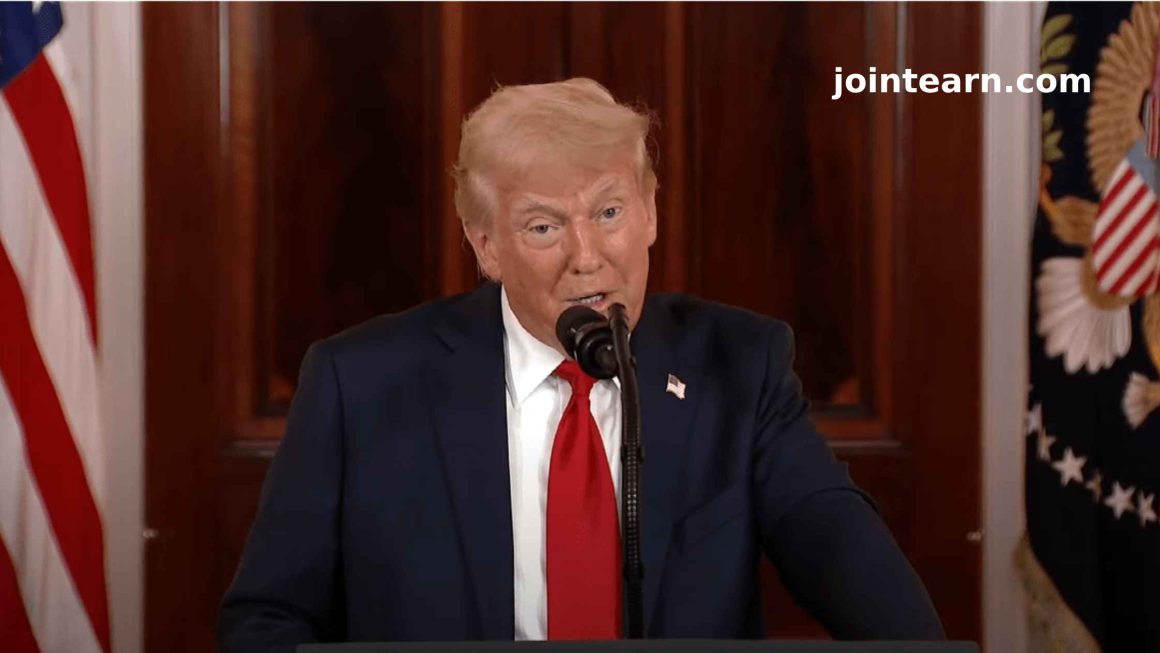India and Pakistan have signaled an intent to de-escalate rising tensions after military strikes on Saturday raised fears of an all-out war between the two nuclear-armed nations. The recent conflict prompted urgent warnings from the United States, China, and Saudi Arabia, who are pushing for diplomatic efforts to prevent further escalation.
Growing Tensions and Diplomatic Calls for Peace
Following military strikes by both India and Pakistan, each targeting key military bases, fears of widespread conflict escalated. Pakistan’s Deputy Prime Minister, Ishaq Dar, emphasized a potential de-escalation, stating, “If India stops, we will stop,” after Pakistan’s army announced retaliation with missile strikes on Indian military sites.
Indian officials responded by stating that any future military action would depend on Pakistan’s behavior. Wing Commander Vyomika Singh reaffirmed India’s commitment to non-escalation, contingent on Pakistan reciprocating the gesture.
The standoff, now entering its fourth day, has been marked by missile exchanges, drone deployments, and significant military movements on both sides. Key global players, including the U.S., China, and Saudi Arabia, have urgently called for diplomatic efforts to calm the situation. U.S. Secretary of State Marco Rubio held separate talks with Pakistan’s army chief, General Asim Munir, and India’s External Affairs Minister Subrahmanyam Jaishankar, urging both parties to engage in dialogue to avoid further conflict.
Diplomatic Channels Open for De-Escalation
While both nations have traded sharp statements, there were signs of a shift towards dialogue after the latest round of strikes. Pakistan’s Defence Minister, Khawaja Asif, rejected reports that Prime Minister Shehbaz Sharif had convened an emergency meeting on nuclear strategy. Additionally, Pakistan’s Planning Minister, Ahsan Iqbal, expressed hope that India would choose dialogue over escalation, while affirming Pakistan’s commitment to the no-first-use nuclear doctrine.
The situation remains fraught, as the powerful Pakistani army, which has substantial influence over decision-making, will likely play a central role in any move towards de-escalation.
Escalating Violence and Military Strikes
Early Saturday, Pakistan’s military initiated a counter-attack in response to Indian airstrikes on Pakistani airbases, including the strategically vital Noor Airbase in Rawalpindi, near Islamabad. India confirmed it carried out “precision attacks” on military targets in Pakistan, including Sialkot, but denied Pakistan’s claims of widespread destruction.
India’s foreign secretary, Vikram Misri, blamed Pakistan for escalating the conflict by targeting civilian areas, including medical centers and schools in Indian-administered Kashmir. Pakistan, however, denied hitting civilian infrastructure.
Global Response and Heightened Airspace Restrictions
Global concern continues to rise as both nations close their airspaces, with Pakistan halting all flights until noon Sunday, and India suspending multiple airports and air routes until May 15. China and Saudi Arabia have joined the U.S. in calling for immediate de-escalation, with China urging both nations to avoid actions that could increase tensions further.
The Group of Seven foreign ministers also weighed in, stressing that the military escalation poses a severe threat to regional stability and urging direct dialogue for a peaceful resolution.
Root of the Conflict and Regional Instability
Tensions between India and Pakistan have long been rooted in territorial disputes over Kashmir, a region both nations claim in full but control in part. The recent violence escalated on April 22 when gunmen killed 26 civilians in Jammu and Kashmir, with India accusing Pakistan of involvement, which Pakistan has denied.
Earlier this week, India launched airstrikes against what it claimed were terrorist camps inside Pakistan, a move that deepened the conflict. Pakistan’s military reported civilian casualties, with 31 people killed, marking the most significant breach of Pakistani territory since the 1971 war.
Impact on Financial Markets
The ongoing conflict has affected financial markets, with India’s NSE Nifty 50 index dropping by more than 1% on Friday. In Pakistan, after initial losses, stocks rebounded following the approval of a $1 billion loan by the International Monetary Fund.
Historical Context: A Legacy of Conflict
The India-Pakistan rivalry has resulted in several conflicts since the two nations gained independence from Britain in 1947. The last time both nations came close to full-scale war was in 2019 when a suicide bombing killed 40 Indian security personnel. This led to Indian airstrikes and Pakistan’s retaliatory actions, which resulted in the shooting down of an Indian jet and the capture of its pilot, who was later released.
Global Efforts for Peace
As both nations grapple with their volatile relations, the international community remains hopeful that dialogue and diplomacy will eventually prevail over military action, preventing a broader war with devastating consequences.










